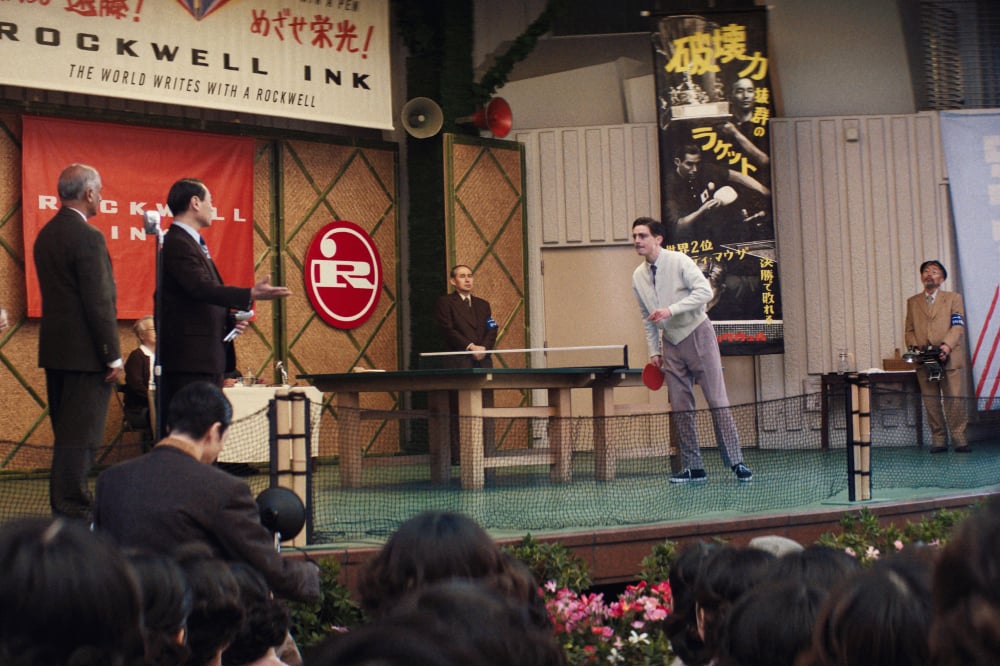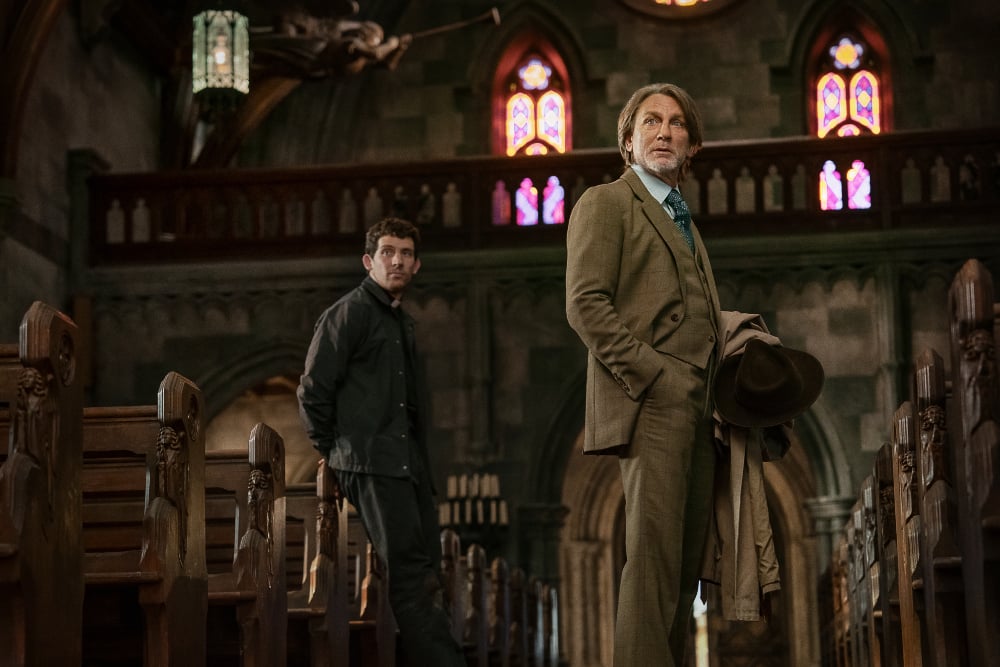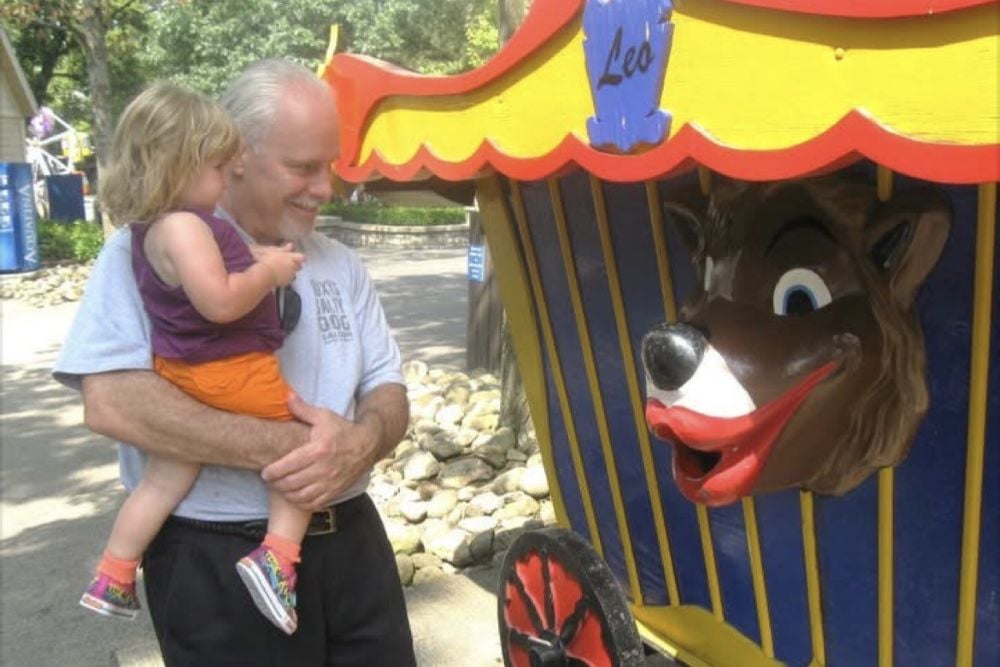In ‘The Perfect Neighbor,’ Danger Isn’t Coming to Your Door — It’s Already Home
The documentary tells the tale of a uniquely American tragedy through real-time footage.
With nothing but innocuous footage — most of it shot in bright afternoon light on a pleasant street — the documentary “The Perfect Neighbor” creates a feeling akin to being dragged bodily into a nightmare. The tension creeps as a hopeless situation is pulled inexorably toward tragedy.
What it shows is a vital portrait of violence and justice in contemporary America. With the story of one neighborhood, it teaches an uncomfortable yet vital lesson about who we are.
Told almost entirely through real-time footage by documentarian Geeta Gandbhir, “The Perfect Neighbor” observes Susan Lorincz terrorize her community under the guise of deeply felt fear. Lorincz has a tendency to call the police whenever children play near her house, claiming she feels threatened; provoking children and adults alike, she weaponizes the increasingly exasperated local law enforcement in an attempt to control the world around her.
As we watch through police body cameras, doorbell cameras and security systems, the story ends in tragedy. After another of Lorincz’ outbursts — which may or may not have involved the woman stealing a child’s tablet computer — Ajike Owens knocks on Lorincz’ door. A gunshot followed.
In both the press and the public conversation, this case played out as a test of Florida’s infamously forgiving Stand-Your-Ground laws. On screen, “The Perfect Neighbor” certainly interrogates those narratives, but it also poses a pair of vital stories: How does a community confront a threat that cloaks itself in righteousness? And how does a country cure itself of an extreme fetish for ballistic self-defense?
Such questions have no answers. Wisely, Gandbhir opts to let those dialogues take place mostly in the minds of the viewer; there are no talking heads and only one instance of voice-over narration. It is as though the filmmaker is saying that no commentary is necessary; every viewer will immediately recognize what is happening here. The fact that we’re loath to discuss such matters does not mean we are not achingly aware of them.
It is a remarkable feat of filmmaking (with almost no intentional camera work) and a brilliant piece of commentary (without much literal commentary). Few documentaries are so eloquent, and none could be more convincing — a testament both to the skill of the filmmaker and the supreme injustice of the subject. There might — only might — be better films this year, but none will be as important.
My Rating: 10/10
“The Perfect Neighbor” is now streaming on Netflix.













